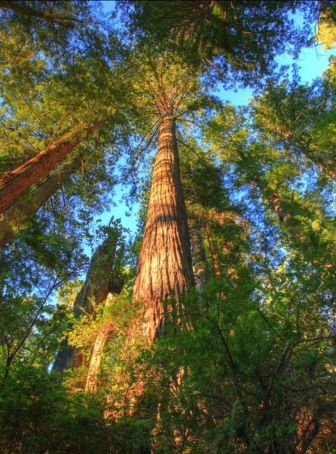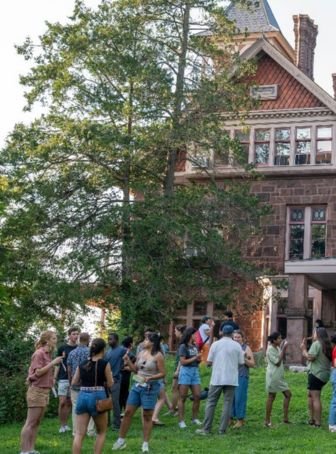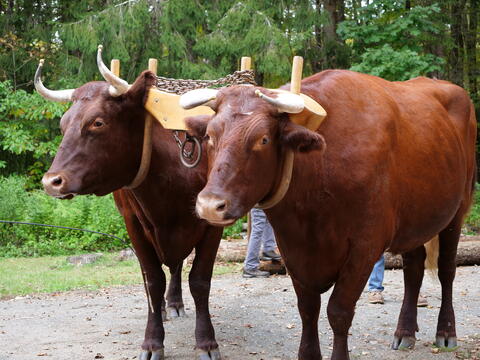
The Forests Dialogue (TFD) is celebrating its 20th anniversary this year and with that comes a great deal of reflection on what the organization has accomplished and what comes next. This summer, TFD associates and collaborators have been quite busy with the development and publication of two guides that speak to their long term work and mission. The first is a practical handbook to their Land Use Dialogue Initiative, the second a guide to the TFD model itself.
In order to curate these guides, The Forests Dialogue has drawn upon its most precious resource - its people. The TFD community is a strong one, made up of the Secretariat, Steering Committee and its Co-Chairs, Student Associates, and Yale School of the Environment alumni who remain highly engaged with the organization. Current Student Associate Luca Guadagno, and alum Liz Felker (‘19 M.E.Sc., Independent Consultant, former TFD Program Manager) and Ethan Miller (‘18 M.F., Independent Consultant, former Program Associate) have been integral to this process, contributing to the Land Use Dialogue and the TFD guides, respectively.
The Land Use Dialogue is one of TFD’s key initiatives, aimed at supporting learning processes in landscapes around the world where stakeholders are applying a landscape approach to environmental decision making. Landscape approaches are increasingly used with the understanding that what one actor does on their land impacts the surrounding land uses and resources throughout the landscape. While this concept has long been understood in environmental sciences, many institutions and governance processes remain siloed to their own specializations, be it forest conservation or agriculture. The Land Use Dialogue initiative aims to support a process for leaders and representatives across sectors and interests to understand: 1) varying visions for land use, conservation, and development in the landscape, 2) identify trade-offs and synergies, and 3) work towards solutions.
Felker explains: “The LUD Guide is an implementer’s guide but not in the sense of do x,y,z to achieve some outcome. Instead it presents stages of decision making in which LUD leadership will need to consider how to shape the process to meet their unique context and needs.” TFD has already supported LUDs in countries such as Tanzania, Brasil, the Democratic Republic of the Congo, Ghana, and Uganda, focused not only on forests but on entire landscapes. This guide and an accompanying webinar series, which comes out of a partnership with IUCN to identify best practices, will be shared widely - from current and future LUD partners to any professional who wants to develop a landscape initiative. These tools will review lessons learned, engage with those already using the LUD approach, and look toward how it can continue to evolve.
The second guide outlines how to plan, organize, and implement multi-stakeholder dialogue initiatives. The guide draws on TFD’s experiences and lessons learned from implementing more than 90 dialogues over the past 20 years. By candidly documenting the TFD approach and structure, the guide provides tangible learnings for companies, governments, donors, and non-governmental organizations that are interested in implementing their own multi-stakeholder dialogue initiatives or learning from TFD’s experiences. For those interested in learning more about how TFD operates, the guide describes the process of maintaining strong and diverse governance, explores how TFD implements its core principles, and provides case studies demonstrating how dialogue outputs and recommendations have been used to create change. In helping to create this guide, Miller reflects: “Interviewing and researching for this guide has given me a greater appreciation for the emphasis that TFD puts on the often-overlooked elements of environmental problem-solving: building trust, meeting people where they are, and being accountable.”
While the heart of TFD originally focused on forests and livelihood conflicts, its reach has expanded to these broader landscapes, better reflecting the complexities of the greater forest and commodity mosaics of the 21st century. The guides will be available in English, Spanish, Portguese, and French. Keep your eyes out for their forthcoming publication and more exciting efforts from TFD during its 20th year!







